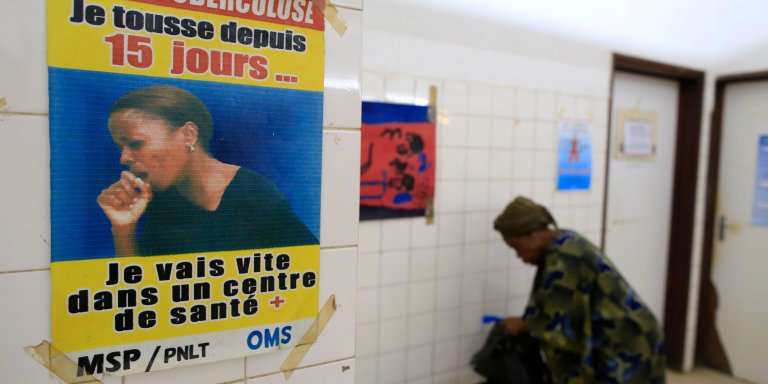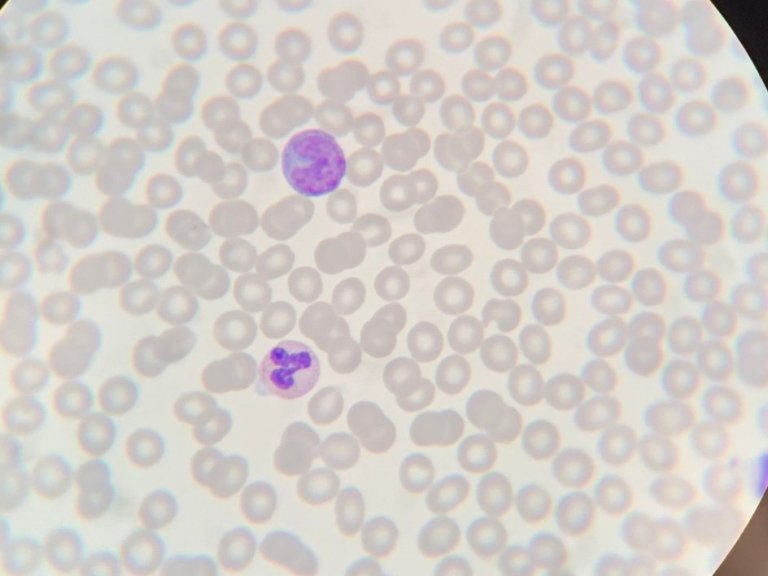"Our results indicate the probable reason why, despite huge efforts to diagnose and treat the disease, the tuberculosis (TB) burden across Africa and Asia is hardly declining. We already knew that there was a giant gap between the 10.6 million who get ill with tuberculosis and the 7.5 million cases that were registered by health authorities in 2022,” says Frank Cobelens, Professor of Global Health at Amsterdam UMC and Senior Fellow at the AIGHD.
"A persistent cough is often the entry point for a diagnosis, but if 80% of those with TB don't have one, then it means that a diagnosis will happen later, possibly after the infection has already been transmitted to many others, or not at all,” he adds.
The study analysed the results of national monitoring schemes in 12 countries, and found that, alongside the lack of a cough, more than a quarter of those with TB had no symptoms at all. With both of these traits being more common in women than in men. Further, the study showed that a quarter of those without cough have high loads of bacteria in their sputum and are probably highly infectious.
"When we take all of these factors into account, it becomes clear that we need to really rethink large aspects of how we identify people with TB. It's clear that current practice, especially in the most resource-poor settings will miss large numbers of patients with TB. We should instead focus on X-ray screening and the development of new inexpensive and easy-to-use tests" says Cobelens.
This research was carried out with researchers from across Asia and Africa, as well as the World Health Organisation, including Makerere University in Uganda. Director of Makerere's Lung Institute, and assistant professor in pulmonology, Bruce Kirenga echoes Frank Cobelen's call for a 'rethink'.
‘’The finding that most of those with active transmissible TB have no cough, the disease's main screening symptom, calls for urgent attention to find more objective ways of screening TB. The X-ray is one solution but research into other biomarkers is also necessary," adds Kirenga.
"But next to diagnoses, these results also have implications for prevention, where we treat those with a TB infection to prevent it from becoming actual disease. Also in this case is a persistent cough the most readily available screening method. So here we also have work to do," he concludes.
Sustainable Partnerships
Amsterdam UMC and Makerere University (Uganda) have a long-standing collaboration, in terms of research and knowledge exchange. To bring this partnership in line with Amsterdam UMC’s vision on Global Health, Amsterdam UMC, along with the Amsterdam Institute for Global Health and Development, will sign a memorandum of understanding with Makerere University on Friday the 15th of March, in at location AMC in the south-east of Amsterdam.
"For us is this a great example of a truly sustainable partnership and we'd like to expand it in the future by running joint PhD programmes and contributing further to the research that we’re already doing. What matters to us is that we work together internationally for the benefit of health and access to care worldwide," says Constance Schultsz, Head of Global Health at Amsterdam UMC and Scientific Director of the AIGHD.




